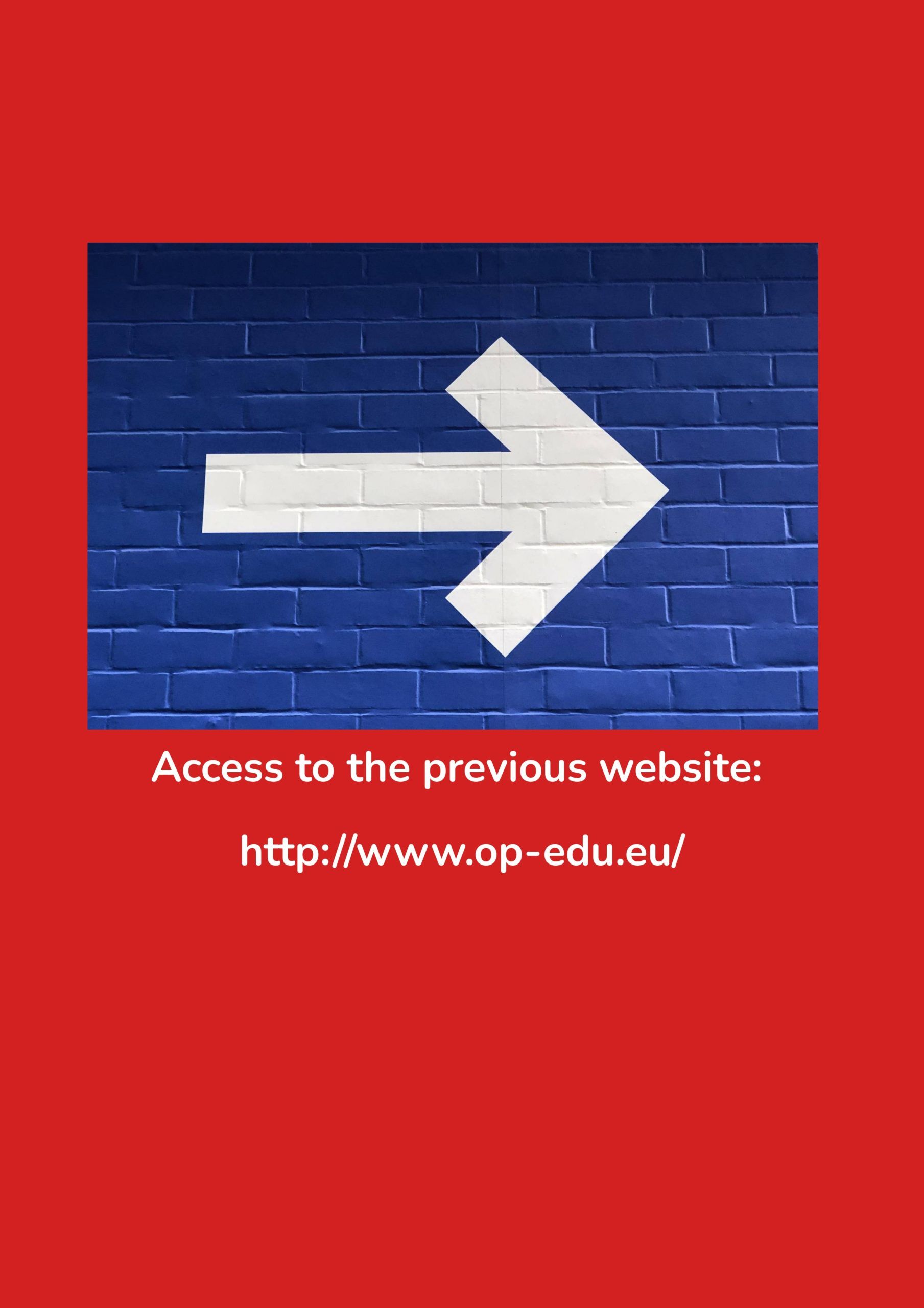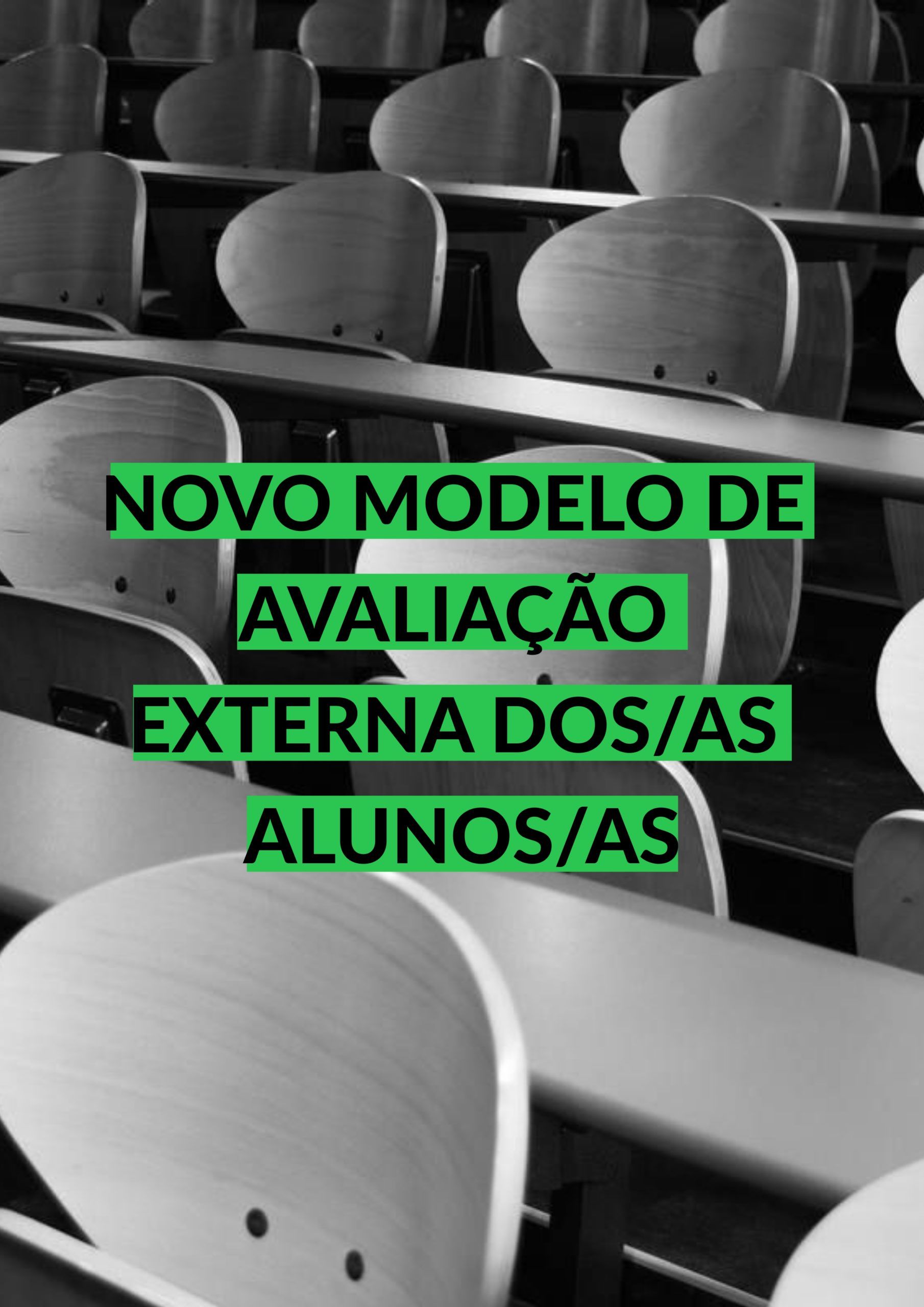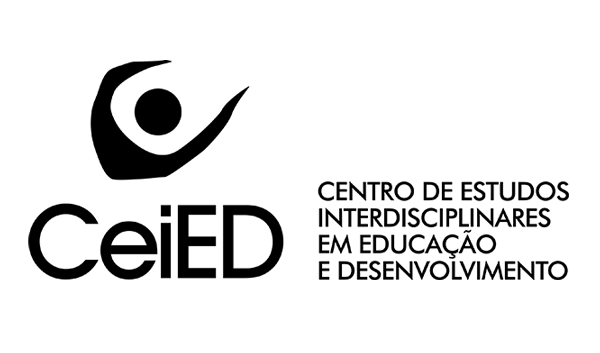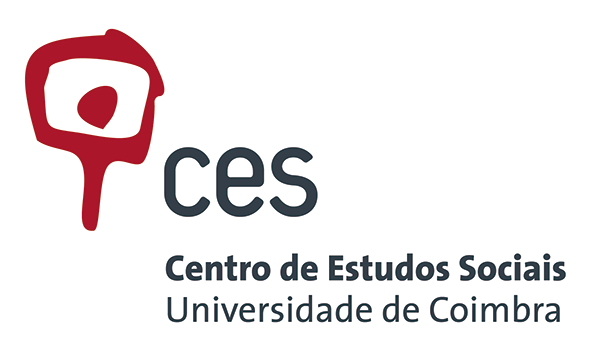Cycle 25 April 50 Years
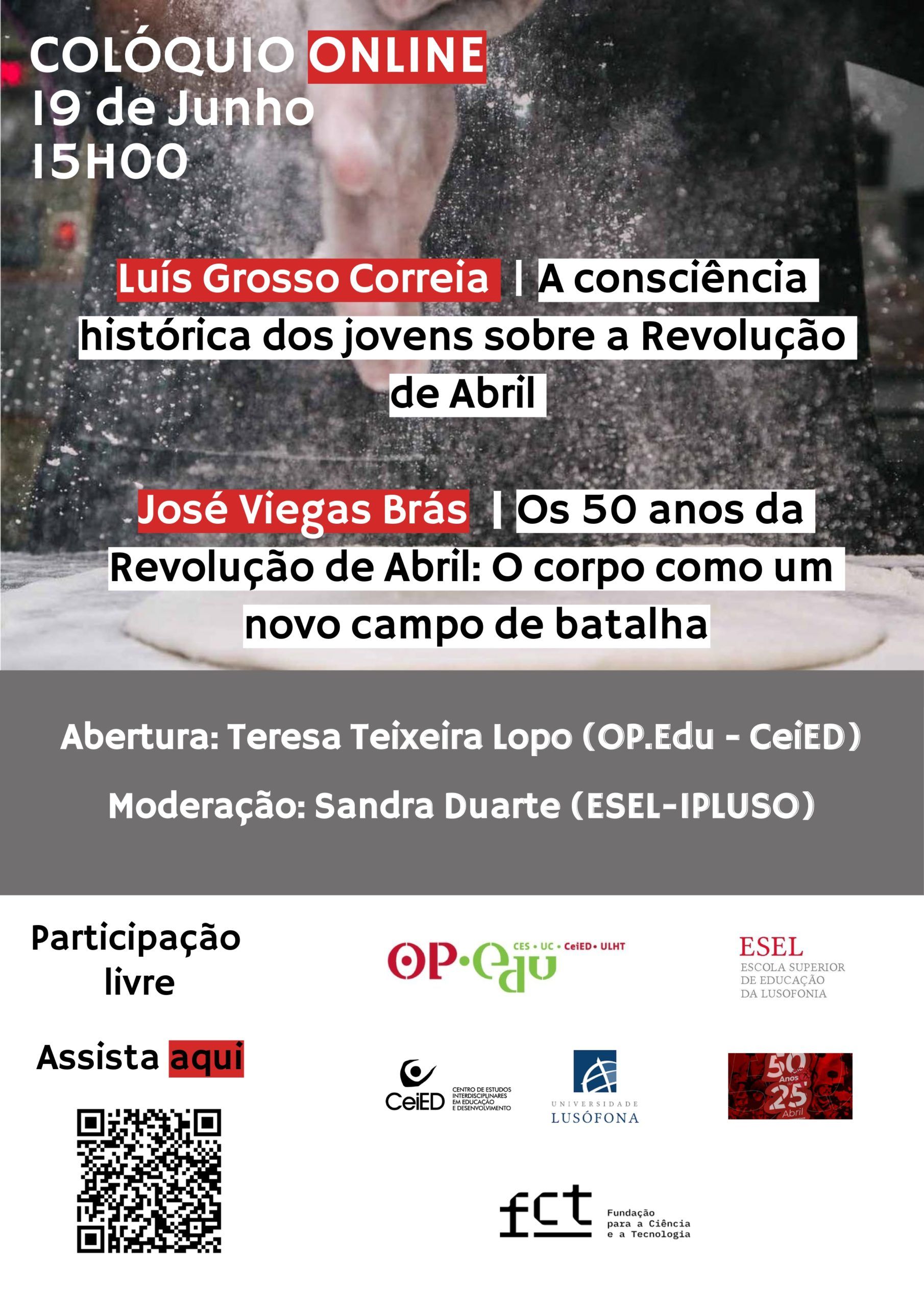
April 25 50 Years: Looking into the Past, Thinking about the Future | March 19 – ONLINE – 3:00 PM
The fourth colloquium of the Cycle April 25 50 Years: Looking into the Past, Thinking about the Future, will be held on March 19 at 3:00 PM, with online streaming.
In this colloquium, researcher Luís Grosso Correia (Faculty of Arts and Humanities, University of Porto) and researcher José Viegas Brás (Lusófona University, ESEL-IPLUSO) will reflect on and discuss the issues of young people’s historical awareness of the April Revolution and the challenges of this historical moment for the place that the body now occupies in public space, from the perspective of identity and self-identity and as a condition for a new citizenship to be achieved.
The colloquium will also include the participation of researcher Teresa Teixeira Lopo (OP.Edu-CeiED) in the opening, and researcher Sandra Duarte (ESEL-IPLUSO), who will moderate the debate.
The event, organised by OP.Edu – Observatory for Education and Training Policies in collaboration with ESEL-IPLUSO – the School of Education of IPLUSO, will be held and broadcast online. Participation is free of charge. Access link here Meeting ID: 913 7595 2199 Password: 878385
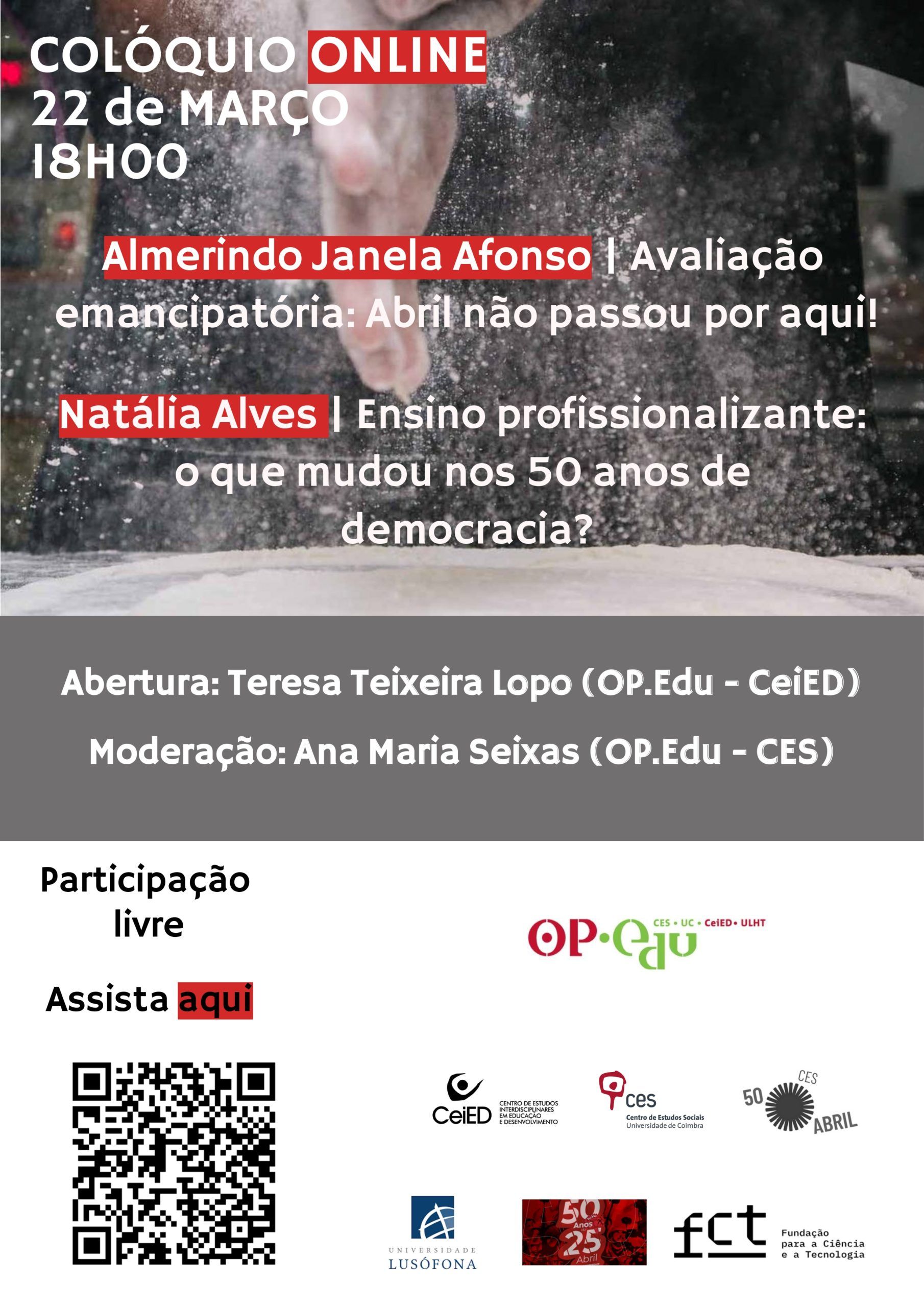
April 25 50 Years: Looking into the Past, Thinking about the Future | March 22 – ONLINE – 6:00 PM
The fourth colloquium of the Cycle April 25 50 Years: Looking into the Past, Thinking about the Future, will be held on March 22 at 6:00 PM, with online streaming.
In this colloquium, researcher Almerindo Janela Afonso (University of Minho) and researcher Natália Alves (Institute of Education, University of Lisbon) will reflect and discuss the themes of emancipatory evaluation and vocational training, in a critical assessment of the contributions of the April Revolution.
The colloquium will also include the participation of researcher Teresa Teixeira Lopo (OP.Edu-CeiED) in the opening, and researcher Ana Maria Seixas (OP.Edu-CES), who will moderate the debate.
The event, organised by OP.Edu – Observatory for Education and Training Policies, will be held and broadcast online. Participation is free of charge. Access link here Meeting ID: 935 8641 8871 Password: 303231
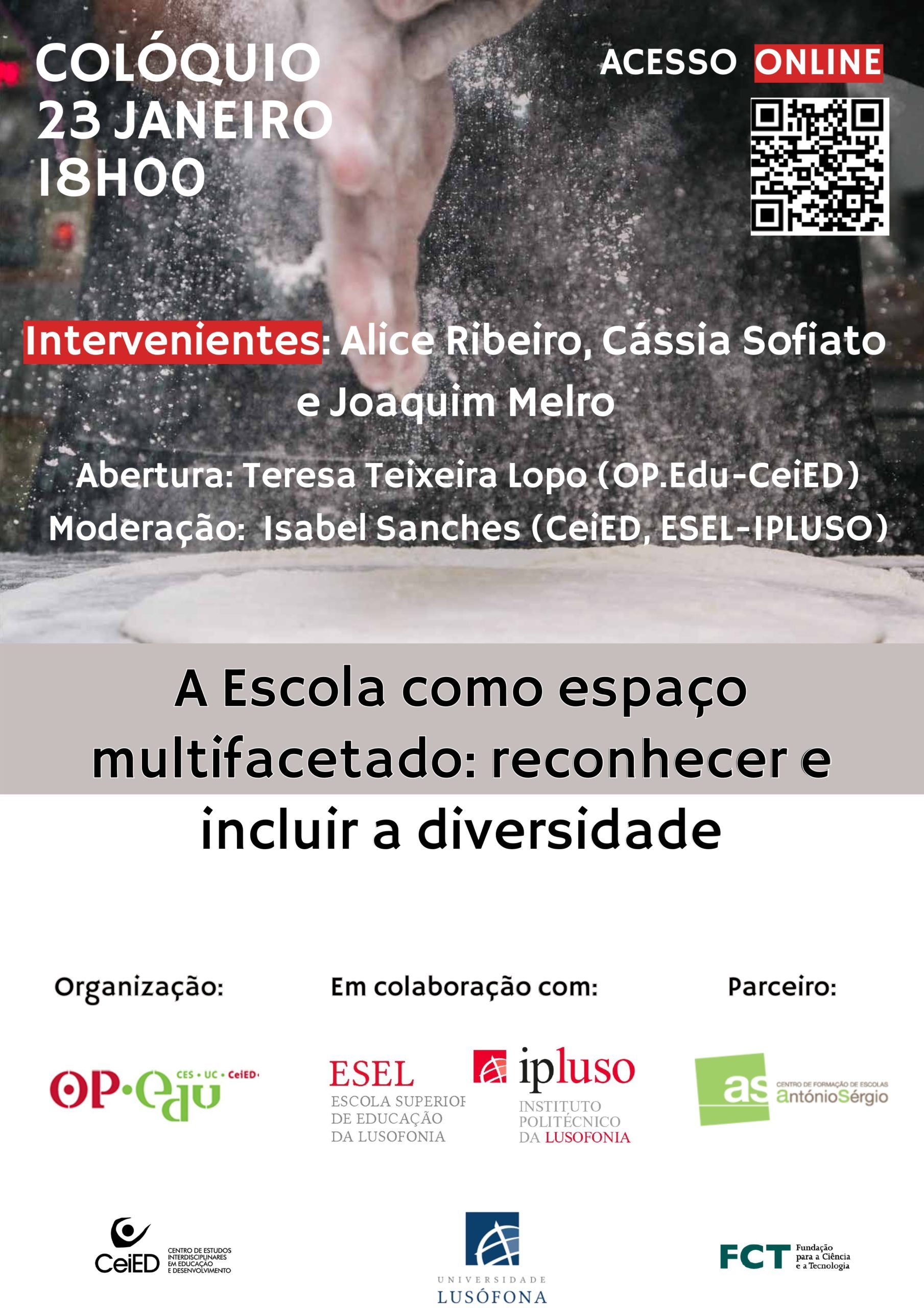
Colloquium School as a multifaceted space: acknowledging and including diversity | January 23, 2023 – ONLINE – 6:00 PM
The third colloquium of the Cycle April 25 50 Years: Looking into the Past, Thinking about the Future, will take place on January 23 at 6:00 PM (Portugal time), under the theme School as a multifaceted space: acknowledging and including diversity.
Inclusion is a broad and complex principle and, as such, it should be a subject for reflection and guidance for education policies and practices. Assuming this premise, the Observatory for Education and Training Policies (OP.Edu) invites researchers Alice Ribeiro (Head of the Inclusion Support Centre, University of Porto, Portugal), Cássia Sofiato (Department of Philosophy of Education and Education Sciences, Faculty of Education, University of São Paulo, Brazil) and researcher Joaquim Melro (Director of António Sérgio Training Centre and researcher at the University of Lisbon, Portugal), who will reflect and discuss in this online Colloquium open to the public, the epistemological, educational and cultural complexity that has shaped the principles and practices of inclusive education.
The Colloquium will also include the participation of Teresa Teixeira Lopo (OP.Edu-CeiED) in the Opening and Isabel Sanches (CeiED, ESEL-IPLUSO), who will be responsible for the Moderation of the debate.
The event, organized by OP.Edu with the collaboration of the School of Education of IPLUSO, will be held and broadcast online. Link: https://videoconf-colibri.zoom.us/j/98469945254
In partnership with the António Sérgio Training Centre, the Colloquium is certified for participants from Portugal as a Short Duration Training Action (ACD, under Order 5741/2015 of 29 May), for the purposes of career progression of early childhood educators, primary and secondary school teachers and special education teachers.
Those interested in obtaining this certification will need to register on this link: https://www.cfantoniosergio.edu.pt/
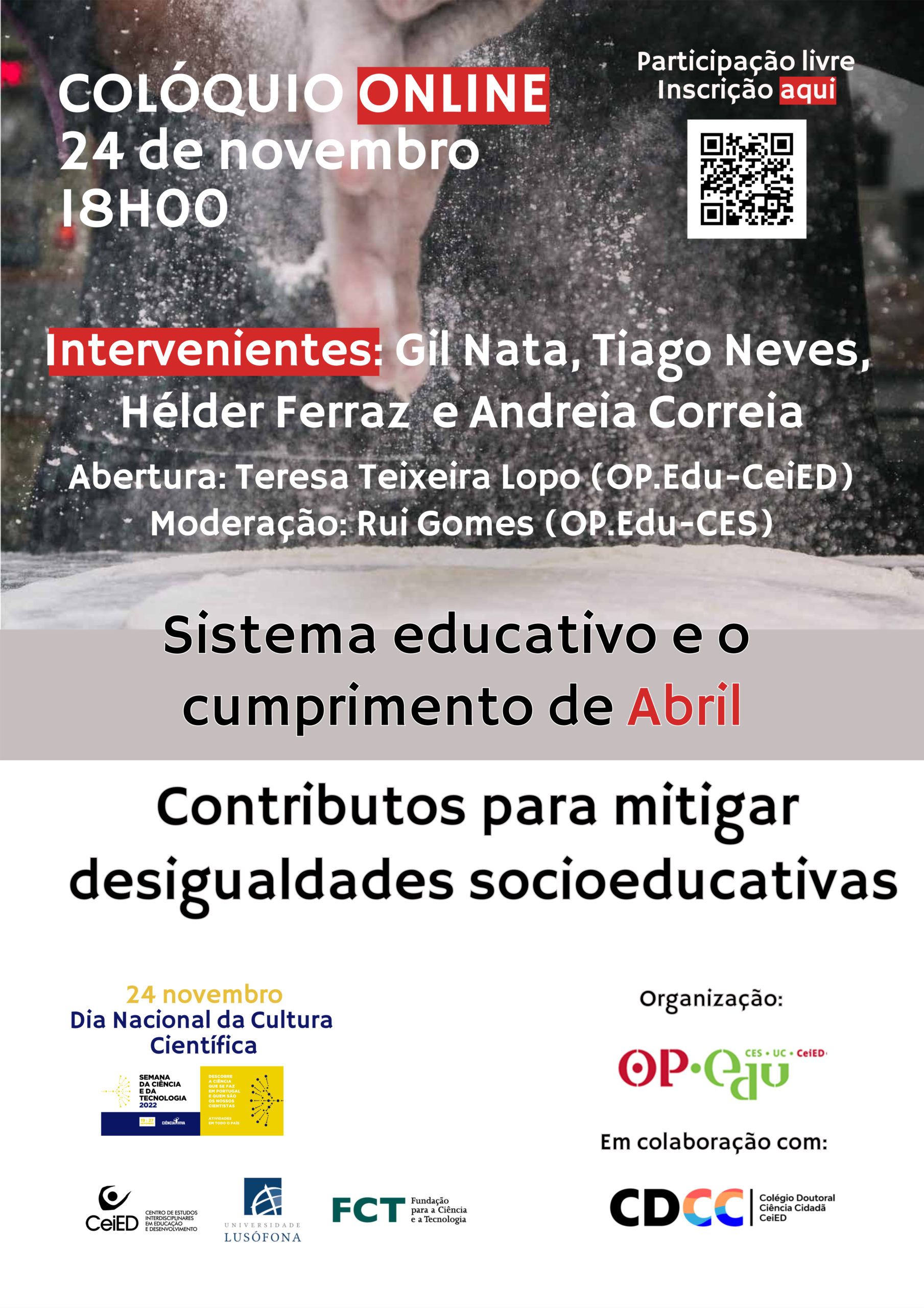
April 25 50 Years: Looking into the Past, Thinking about the Future | Educational system and the fulfilment of April: contributions to mitigate socioeducational inequalities | November 24 – ONLINE – 6:00 PM
The second colloquium of the Cycle April 25 50 Years: Looking into the Past, Thinking about the Future, will take place on November 24 at 6:00 PM, under the theme Education system and the fulfilment of April: contributions to mitigate socioeducational inequalities.
“April was a dream and continues to be a project for social justice. An educational system that is effective in mitigating socioeconomic inequalities is a fundamental pillar of that project”
In this Colloquium, OP.Edu invites researchers Gil Nata, Tiago Neves, Hélder Ferraz and Andreia Correia from the Centre for Research and Intervention in Education (CIIE) of the Faculty of Psychology and Education Sciences (FPCEUP) who, based on research and findings on issues of socioeducational (in)justice that they have been carrying out for several years, will discuss in a Colloquium open to the public, concrete solutions to make our education system more fair and equitable. They will focus, specifically, on the issues of grade inflation and access to higher education, the Portuguese compensatory education policy (TEIP) and the referral to professional paths, and the consequences for equity of different monitoring and accountability instruments in the educational system. In this way, they will be in their words, “giving our (small) contribution to help fulfil April”.
The Colloquium will also include the participation of Teresa Teixeira Lopo (OP.Edu-CeiED) in the Opening and Rui Gomes (OP.Edu-CES), who will be responsible for the Moderation of the debate.
The event, organized by OP.Edu with the collaboration of the Citizen Science Doctoral College – CeiED (CDCC), will be held and broadcast online.
Participation in the Colloquium is free, but prior registration is required at: https://forms.gle/r2VssSuMAwaqbd758
With this Colloquium taking place on November 24, in pursuit of its mission to disseminate and share scientific knowledge, OP.Edu joins the celebration of the National Day of Scientific Culture created in honor of professor, science communicator and researcher Rómulo de Carvalho.
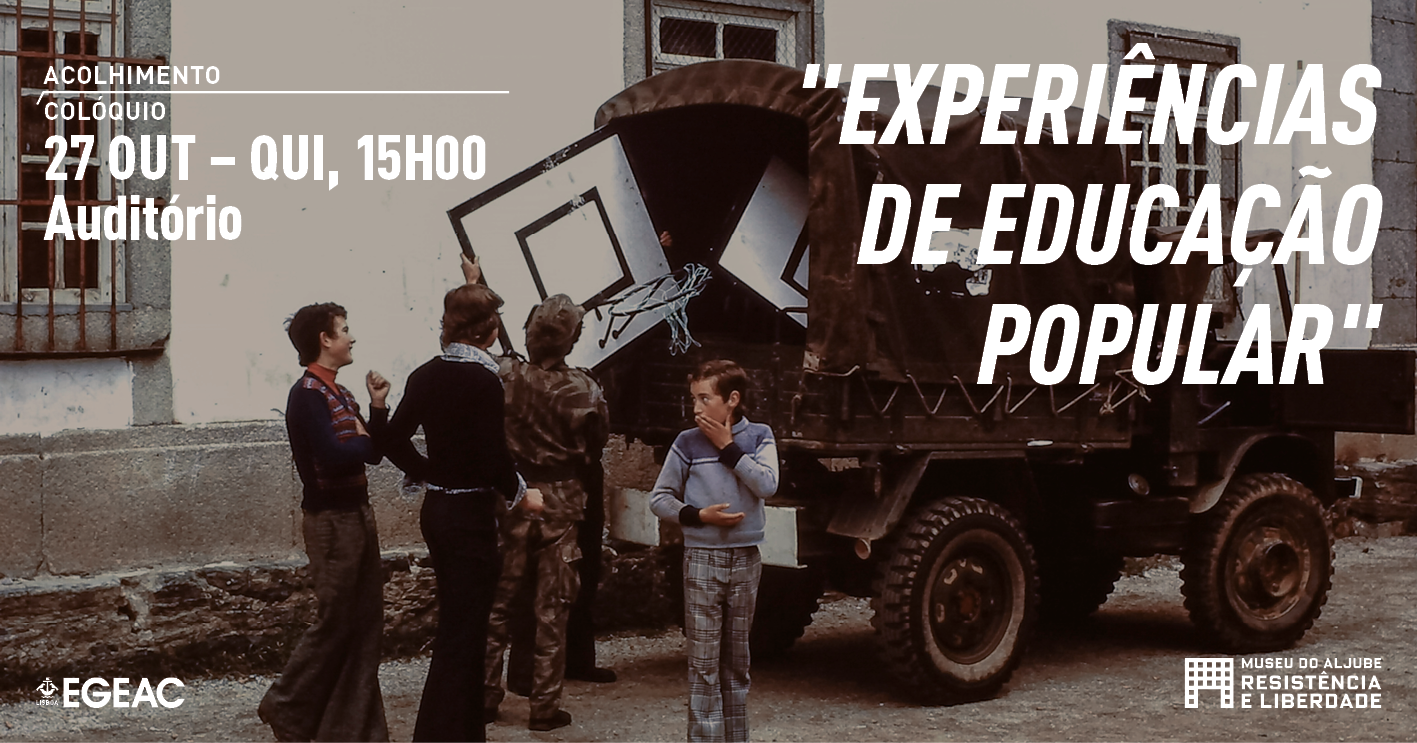
April 25 50 Years: Looking into the Past, Thinking about the Future | Experiences of Popular Education: The Centre of Studies on Education and Culture (C.E.E.C., Porto) | 27 October – 3:00 PM
The first Colloquium of the Cycle April 25 50 Years: Looking into the Past, Thinking about the Future will take place on October 27, at 3:00 PM, at the Aljube Museum – Resistência e Liberdade, under the theme Experiences of Popular Education: The Centre of Studies Education and Culture (C.E.E.C., Porto).
The period of democratic transition in Portugal, particularly between 25 April 1974 and 25 November 1975, was marked by a strong perception of utopian experience that included the educational field. In order to deepen the democratic process, it was necessary to develop various forms of participation, namely through the education of adults, enhancing their greater involvement in the new political life of the country. In this sense, besides initiatives of a more state-oriented nature, various experiences of popular education with local organisation were developed, promoted by neighbourhood committees, workers’ committees and other associative organisations with a focus on the cultural field.
In this Colloquium, hosted by Inês Vieira, we will discuss one of these experiences, the Centre Centre of Studies Education and Culture (C.E.E.C.), which operated in Porto during the democratic transition period. In addition to the available documentation on the C.E.E.C. (the Centre’s bulletins and newspaper, press articles), José Ferreira will share memories of his experience as an active member of the C.E.E.C. during its operation, situating literacy initiatives in the set of local activities and dynamics of this organisation, from cultural animation of residents’ committees to actions in the struggle for housing and occupations for the creation of socio-educational facilities.
Participation in the Colloquium is free, but limited to the availability of places and with prior registration at: https://forms.gle/4KDn9XjWmgaRZWMM7
Notícias / News
- Home
- Cycle 25 April 50 Years
